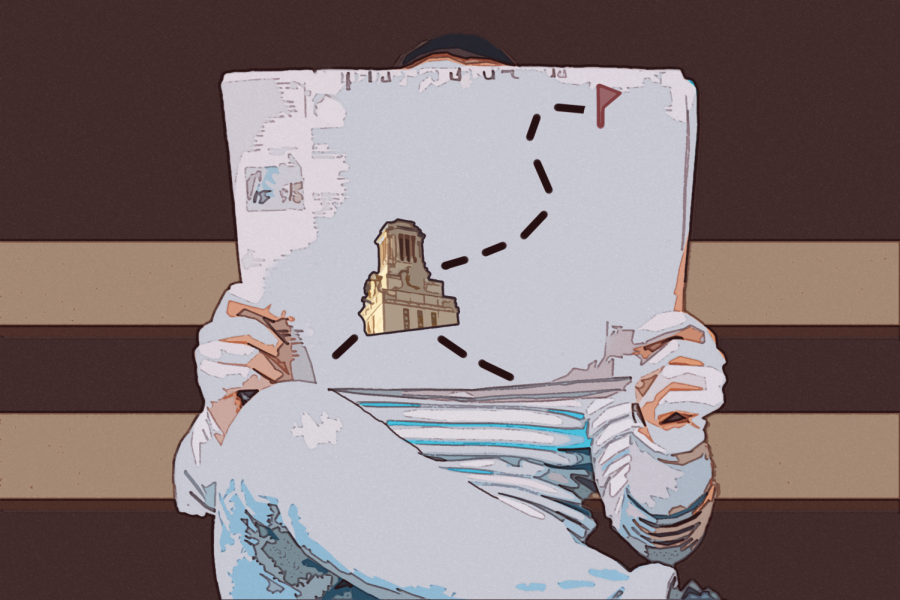All students deserve true orientation to campus
July 5, 2021
Many UT students didn’t come to campus in the 2020-2021 school year. This is especially true and worrying for students in the class of 2024, many of whom have never set foot on campus. Those who did come in the 2020-2021 school year had limited access to buildings and activities.
This means that there are going to be students coming to campus who are not familiar with it. They’ve only had a virtual orientation a year ago and are going to be confused.
UT should hold an optional orientation this fall to help students who feel they need it to ease back into the social aspect of college and have the support to succeed academically.
Kayleigh Damphousse, transition coordinator for New Student Services, explained the goals of Longhorn Welcome.
“We really focus on social integration,” said Damphousse. “That is the feeling of belonging and the feeling that, ‘I have my people here, and I am important to them, and they are important to me.’”
Damphousse said that there should be around a dozen Signature Events in the fall, along with other smaller events.
These types of events, however, are not as structured as the social events orientation entails, like small group meetings and campus tours with orientation advisers. While Longhorn Welcome will have tours this fall, this is insufficient. By relying on these events, UT is putting more responsibility on students to integrate themselves.
Kyle St. Nicholas, assistant director of New Student Services, said that it is not possible to organize an additional full-fledged orientation for students this fall because planning for orientation begins a year in advance. Small group meetings need to be planned across departments and orientation advisers need training. It’s a complex and lengthy process.
“With the number of orientation advisers we have, and the number of students who are coming through, we wouldn’t be able to necessarily host small groups,” St. Nicholas said.
However, this fall orientation would be optional for students. The tours and organized groups are a measure in place to ease the transition of the students who feel they need it. New Student Services wouldn’t have to cater to the same amount of students as they would in a normal orientation session. It could be modified to fit time constraints and available resources.
Business sophomore Gil Gonzalez said he enjoyed virtual orientation in the summer of 2020 but feels his transition to campus in the spring would’ve been eased if orientation was in person.
“I just think I would have made more friends if it had been in person,” said Gonzalez. “It was more like a task. I didn’t feel like I was at UT at that moment. It was like I had just graduated from high school. And I was at home, and I’m an international student, so I was in a whole different country.”
New Student Services must prioritize their student body and hold orientation for UT ’24 students and those who feel disconnected from campus.
Roland is a journalism and radio-television-film sophomore from Houston, Texas.











